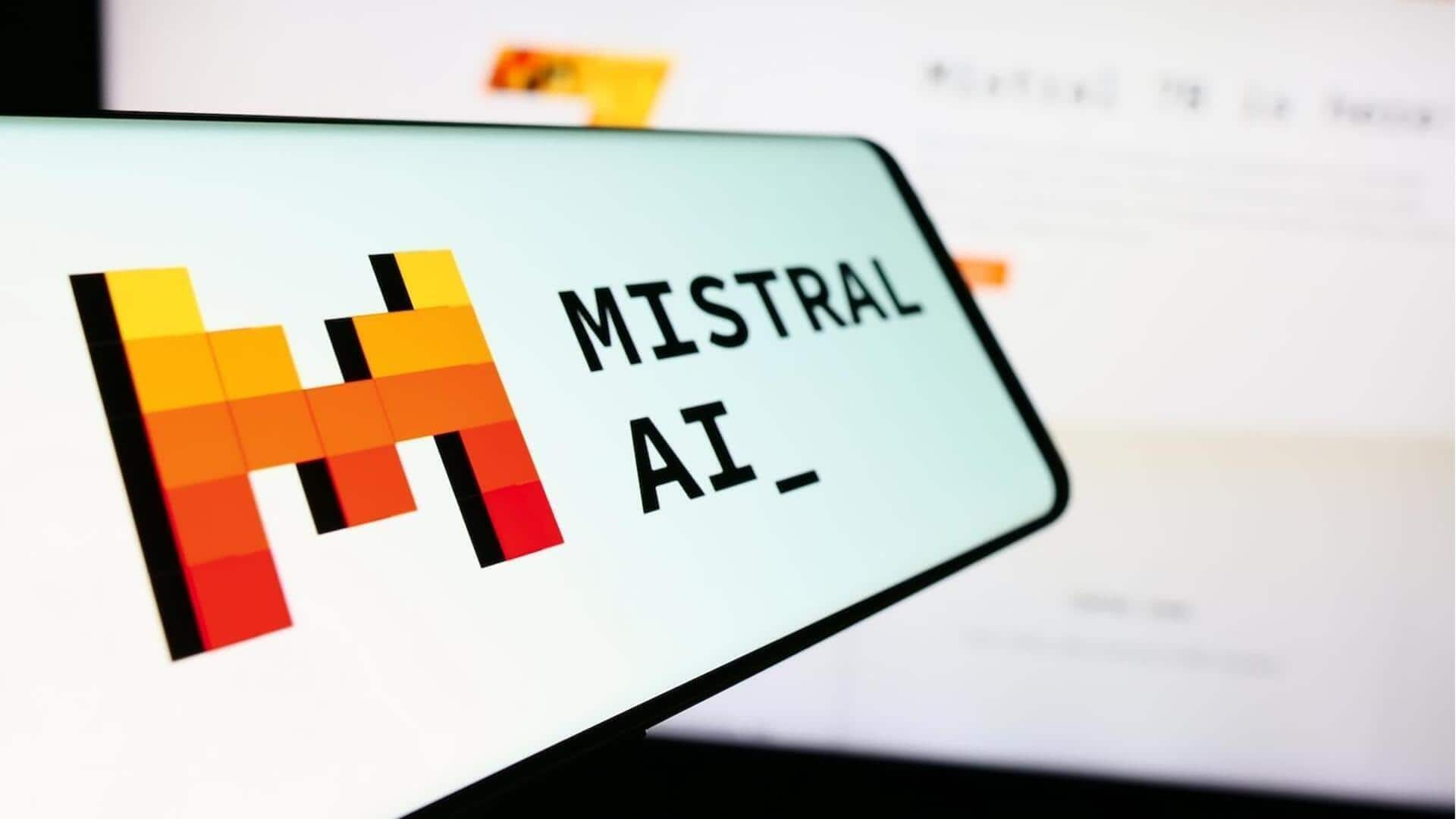French tech startup Mistral AI recently closed one of the largest fundraising rounds in the history of European tech, raising $2 billion from the who’s who of investors. The Series C round values the company at $14 billion, more than doubling its valuation this year so far and making it Europe’s largest rival to US titans OpenAI and Anthropic.
The investment round is an intriguing tale of shifting dynamics in the international world of AI. ASML, the Dutch semiconductor equipment company, spearheaded the effort with an enormous €1.3 billion investment of approximately $1.5 billion, becoming the biggest single shareholder with an 11 percent stake in acquiring a prized board seat.
ASML’s move is its bold expansion outside its core chip-producing equipment business into the fast-changing realm of artificial intelligence.
Along with ASML in this fundraising spree were some of the largest names in tech investing. The AI chip giant NVIDIA joined along with well-known venture capitalists like Andreessen Horowitz, General Catalyst, Index Ventures, and Lightspeed. DST Global and the French state investment bank Bpifrance joined the round as well, bringing an impressive combination of American and European capital behind the startup.
Mistral AI, Europe’s Champion in the Global AI Race
What makes this story particularly compelling is Mistral’s rapid rise from zero to $14 billion in just two years. Founded in 2023 by former researchers from Google DeepMind and Meta, the company has captured attention by taking a decidedly different approach from its American rivals.
While companies like OpenAI have moved toward increasingly closed development models, Mistral has doubled down on open-source releases, making its large language models freely available to developers and researchers.

The open-source philosophy was a highly successful one, particularly in Europe, as companies and governments become increasingly anxious over becoming over-reliant on American AI platforms.
The companies in Europe have taken up the models of Mistral due to both the openness of the open-source development as well as the potential of breaking strategic reliance upon U.S. technology.
The timing of this investment couldn’t be more significant. Europe has been searching for ways to assert its technological sovereignty in the face of American and Chinese dominance in AI. Mistral’s success represents a rare European victory in a field where most of the major players have been based in Silicon Valley or Beijing.
The company’s AI chatbot, Le Chat, offers European users a homegrown alternative to ChatGPT and other American-made conversational AI tools.
The relationship with NVIDIA goes well beyond investment dollars. Mistral just announced that they will be constructing a large AI data center in France that will be powered with no less than 18,000 NVIDIA GPUs.
The center will be used both to provide cloud services to customers as well as the computationally intensive work required in order to train Mistral’s future generations of AI models.
ASML’s Investment in Mistral Signals Europe’s AI Ambitions
ASML’s participation puts another strategic dimension into this fundraising round. The company from the Netherlands, which produces the ultra-advanced machines required to build the world’s most sophisticated computer chips, views this investment as part of diversifying away from hardware and getting closer to the AI breakthroughs that are motivating the demand for frontier semiconductors.
The new capital will fund ambitious expansion plans at Mistral. The company will grow its big language models, build out its data infrastructure, and cement its status as Europe’s standard-bearer in artificial intelligence.
Through the war chest, Mistral will be in better shape to counter the gargantuan pools of money that American companies in the artificial-intelligence sector have at their disposal.
Broader consequences run far beyond the one company’s tale of success. The financing round is an indication that Europe is determined to create its own capabilities in the field of artificial intelligence instead of just being the end-market for American-made technology.
The indication is that the world is moving on from the phase of competition in artificial intelligence in which only Silicon Valley will dictate the terms.
With artificial intelligence assuming more prominence in everything from company operations to national defense, Mistral’s ascendance holds out the possibility that technological ingenuity and competition in this strategic area will be no prerogative of any single corner of the globe.

